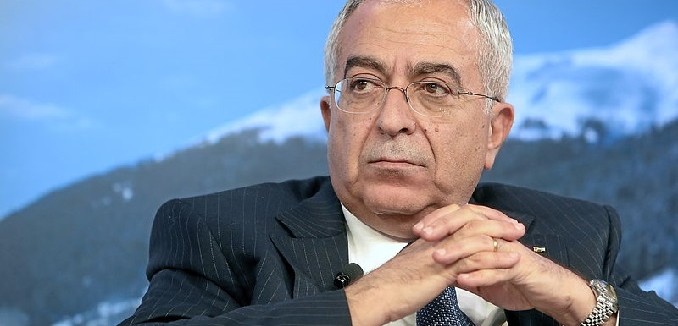Long-strained tensions between Palestinian Prime Minister Salam Fayyad and Palestinian Authority President Mahmoud Abbas may have finally frayed beyond repair. Reuters has multiple sources reporting that Fayyad has submitted his resignation:
Palestinian Prime Minister Salam Fayyad offered his resignation to President Mahmoud Abbas on Wednesday following a rift between the two men over government policy, two sources told Reuters… A spokeswoman at Fayyad’s office declined to comment on the reports, which followed persistent rumors that Abbas wanted to sack Fayyad following internal political wrangling.
Western governments have offered staunch support to Fayyad ever since he became prime minister in 2007, seeing him as the architect of Palestinian state-building efforts, and his departure could complicate their ties with Abbas. Long-strained relations between the 61-year-old Fayyad and Abbas worsened last month when the prime minister accepted the resignation of his finance minister, against the wishes of the president.
Fayyad’s resignation came just days after a more or less public spat with Abbas regarding the status and subsequent resignation of Palestinian finance minister Nabil Kassis.
If Fayyad does ultimately resign, the impact on Palestinian relationships with the West may be substantial. He is relied upon as a key guaranteer that, among other things, Western aid to Palestinian institutions is being spent responsibly and transparently.
Last fall Fayyad firmly opposed moves, championed by Abbas, to unilaterally pursue a declaration of non-member statehood in the United Nations. The Palestinians ultimately secured that declaration, but at the cost of alienating key U.S. members of Congress who, like the President, opposed the diplomatic campaign.
The Palestinian prime minister has long been considered a key voice in advocating a robust American role in Israeli-Palestinian peacemaking. President Barack Obama has emphasized that Fayyad’s contributions to Palestinian governance are critical to peace efforts.
Fayyad is seen in Western circles as a central player in efforts to build Palestinian civil, political, and military institutions. Though Fayyad’s relationship with Israel is by no means without friction – he is an advocate of anti-Israel boycotts, which watchdog groups have criticized for being “anti-Semitic ‘poison pill[s]’ – the Israeli Ministry of Defense reached out to Fayyad last month for help in preventing violence in the West Bank from escalating.
[Photo: World Economic Forum / Wiki Commons]




